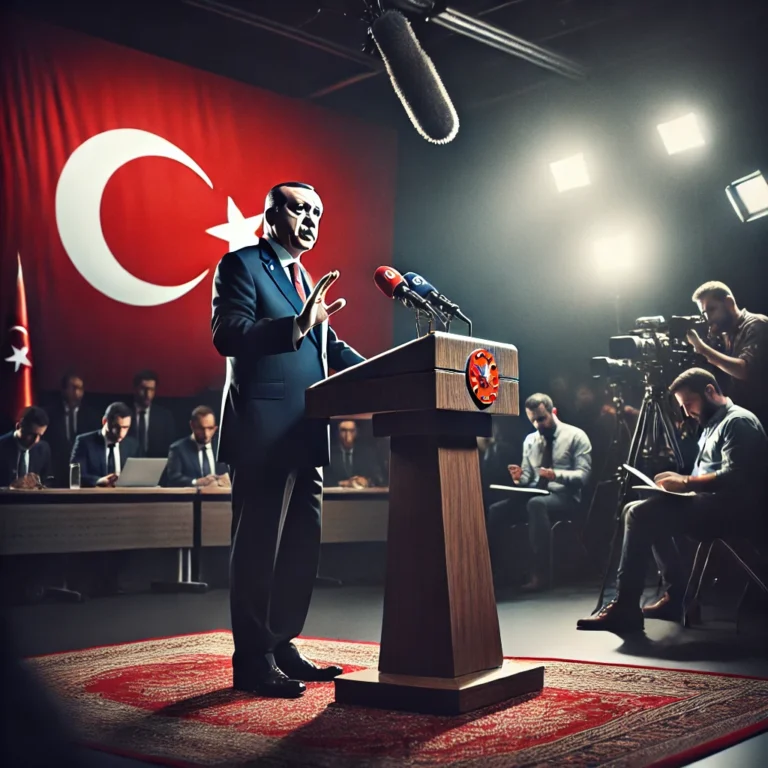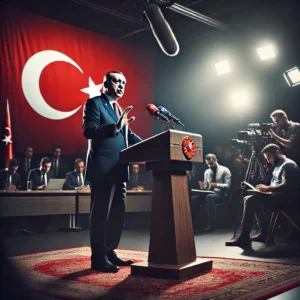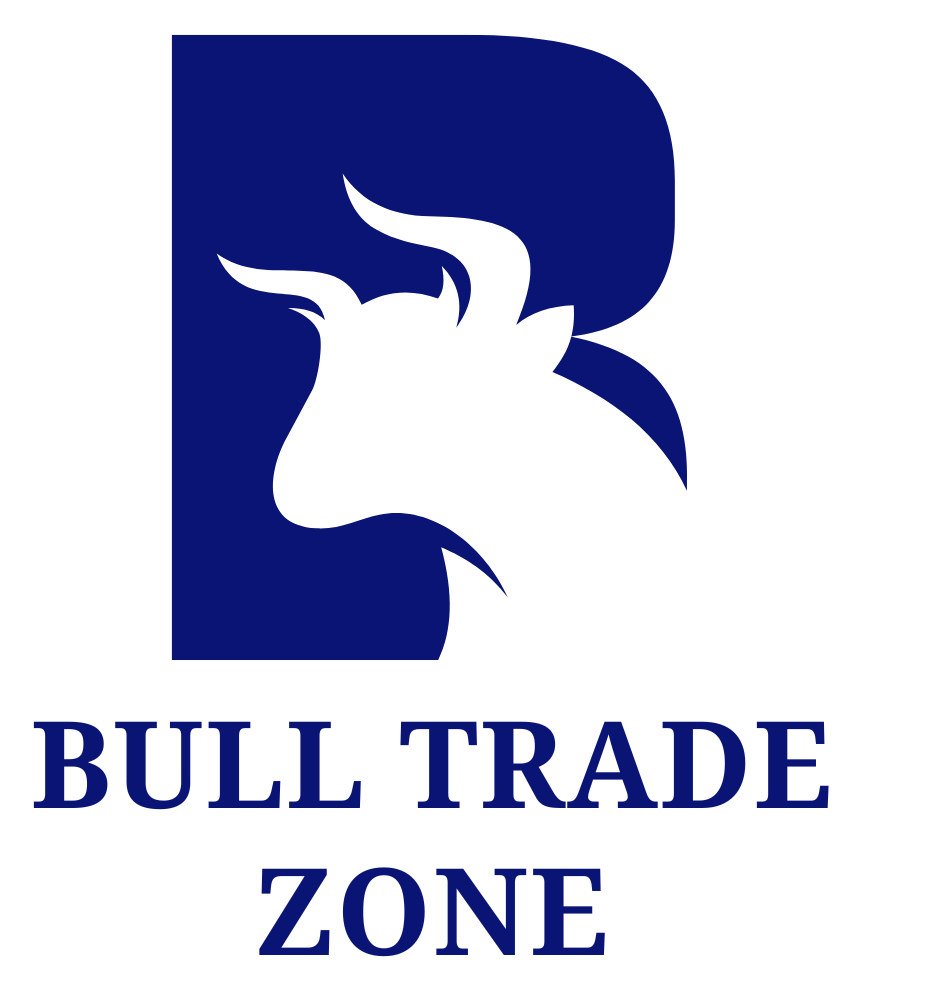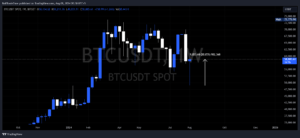In a statement made quite recently, the president of Turkey, Recep Tayyip Erdogan, clearly denounced Israel’s actions in the Middle East specifically after the reported death of Hezbollah chief, Hassan Nasrallah. The remarks from Erdogan are happening during a period of elevated tensions in the region, as conflicts between Israel and Hezbollah have sharpened, in addition to the larger struggles in Gaza and the West Bank.
Erdogan emphasized the need for international intervention, stating that “Israel’s attempts to spread the policy of madness in Gaza and Ramallah to Lebanon and other countries in the region must be stopped.” The perspectives of the Turkish President have stimulated greater curiosity regarding the hardships present in the Middle East and have simultaneously pointed out Turkey’s strategic function in the recurrent regional conflicts.
The Circumstances that Influenced Erdogan’s Statement
Hassan Nasrallah, the extended leader of Hezbollah, was important to the military and political success of the organization in Lebanon and its environs. The Shiite militant group and political party known as Hezbollah, established in Lebanon, has been at odds with Israel for many years, with the two sides regularly engaging in violent confrontations over that time. The assessment of Nasrallah, a key figure in Hezbollah, is seen as a major milestone in the relationship between a complicated Lebanon and Israel.
While the particular details of Nasrallah’s death still need confirmation, Hezbollah has pointed the finger at Israel for instituting assaults that aimed at its leadership. Israel has not said much in reaction but continues to carry out military actions aimed at Hezbollah’s positions in the south of Lebanon.
President Erdogan’s statement is part of Turkey’s historical stance in defending Palestinian rights and criticizing Israeli military ventures. His most recent remarks indicate that Ankara has escalating worries about the destabilizing effect of Israeli army operations not merely in Gaza and Ramallah, but in Lebanon and beyond. Erdogan’s mention of the “policy of madness” refers to Israel’s recent military actions and aggressive political strategies, which have escalated tensions in the region.
The part Turkey plays in the Middle Eastern war
President Erdogan has ordered Turkey to assume an important position in the Middle East, regularly criticizing Israel’s treatment of Palestinians and endorsing a two-state resolution. For many years, Erdogan’s regime has turned down Israel’s military operations in Gaza and the West Bank, which resulted in civilian casualties and major destruction.
Also, Turkey has regularly urged for larger international action in solving the Palestinian-Israeli conflict. Erdogan criticizes Israel’s actions outside of Palestinian territories, especially focusing on their consequences for Lebanon. Turkey is greatly concerned about the potential spread of conflict into Lebanon as it is experiencing instability because it represents a major danger to regional stability.
Erdogan’s newest comments echo his extensive foreign policy goal of advocating for Muslim nations and promoting the Palestinian cause. Turkey’s humanitarian aid offerings to Gaza are frequent, and it has repeatedly voiced its backing for the Palestinian leadership in international meetings such as the United Nations.
Reactions Around the World to Nasrallah’s Death and Erdogan’s Statement
The death of Hezbollah chief Hassan Nasrallah has sparked varied responses from powers in the region and around the world. Israel has not issued any statement about the incident, but several nations in the Middle East have shown their worries about the growing tensions between Hezbollah and Israel.
Turkish President Erdogan’s disapproval of Israel’s military actions has not received a uniform reaction. In this area, Turkey’s views about Israel amalgamate with those of nations including Iran and Qatar, but others, such as Egypt and Saudi Arabia, are prioritizing de-escalation with minimal blame attribution to either side.
Turkey’s association with Hezbollah has always been complicated. Though Turkey officially opposes Hezbollah’s violent activities, it has been important in its criticism of Israeli actions focused on harming the greater Lebanese population and its infrastructure. Erdogan’s regime has repeatedly urged a diplomatic approach to conflicts taking place in Lebanon and Syria, where Hezbollah plays a major role.
The Extended International Consequences
After the death of Nasrallah, Erdogan’s comments illuminate the major geopolitical problems that exist within the Middle East. Lebanese complications—including an economic crisis and political disputes—are turning the country into a potential battlefield for Israel and Hezbollah; Turkey and other regional players wish to sidestep this situation.
Furthermore, Erdogan’s call for an end to Israel’s “policy of madness” indicates that Turkey is prepared to take a more active role in diplomatic efforts to bring peace to the region. Erdogan boosts Turkey’s status as a frank critic of Israel’s policies by scrutinizing Israeli actions, while also working towards regional coherence and calm.
Conclusion
Tensions have risen in a region marked by volatility due to the death of Hezbollah leader Hassan Nasrallah. Turkish President Recep Tayyip Erdogan’s powerful remarks rejecting Israel’s actions indicate a longstanding view of the Middle East conflict held by the country. Erdogan’s call for peace and worldwide assistance mirrors Turkey’s target to stop any further destabilization during a time when the region is dealing with new uncertainties. The decisions made by the international community at this important moment for the Middle East will heavily determine the future trajectory of the conflict.


























